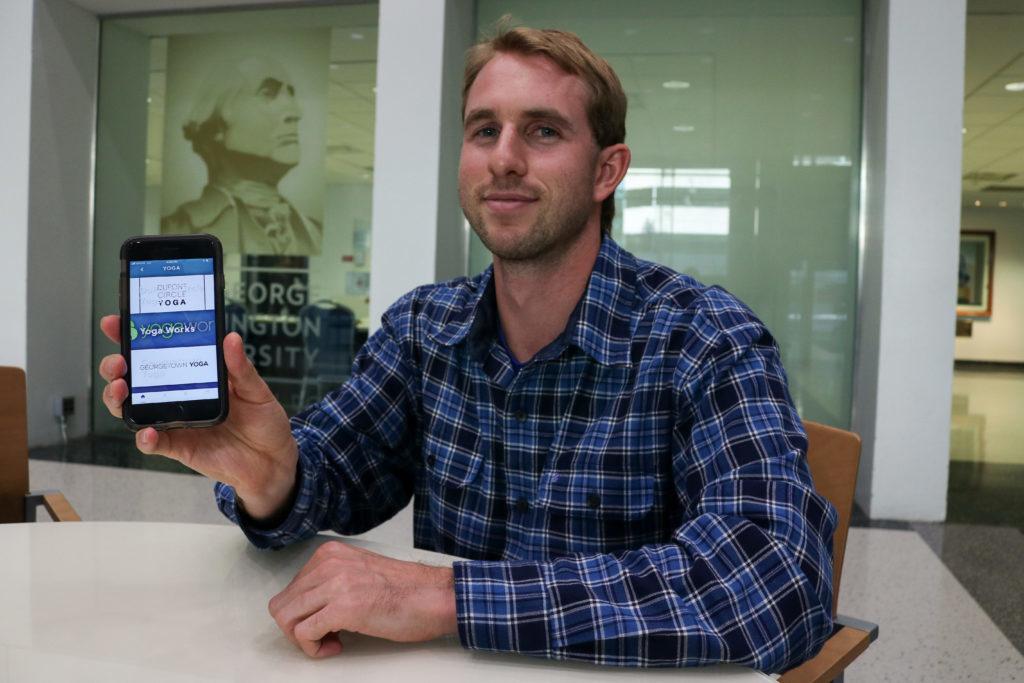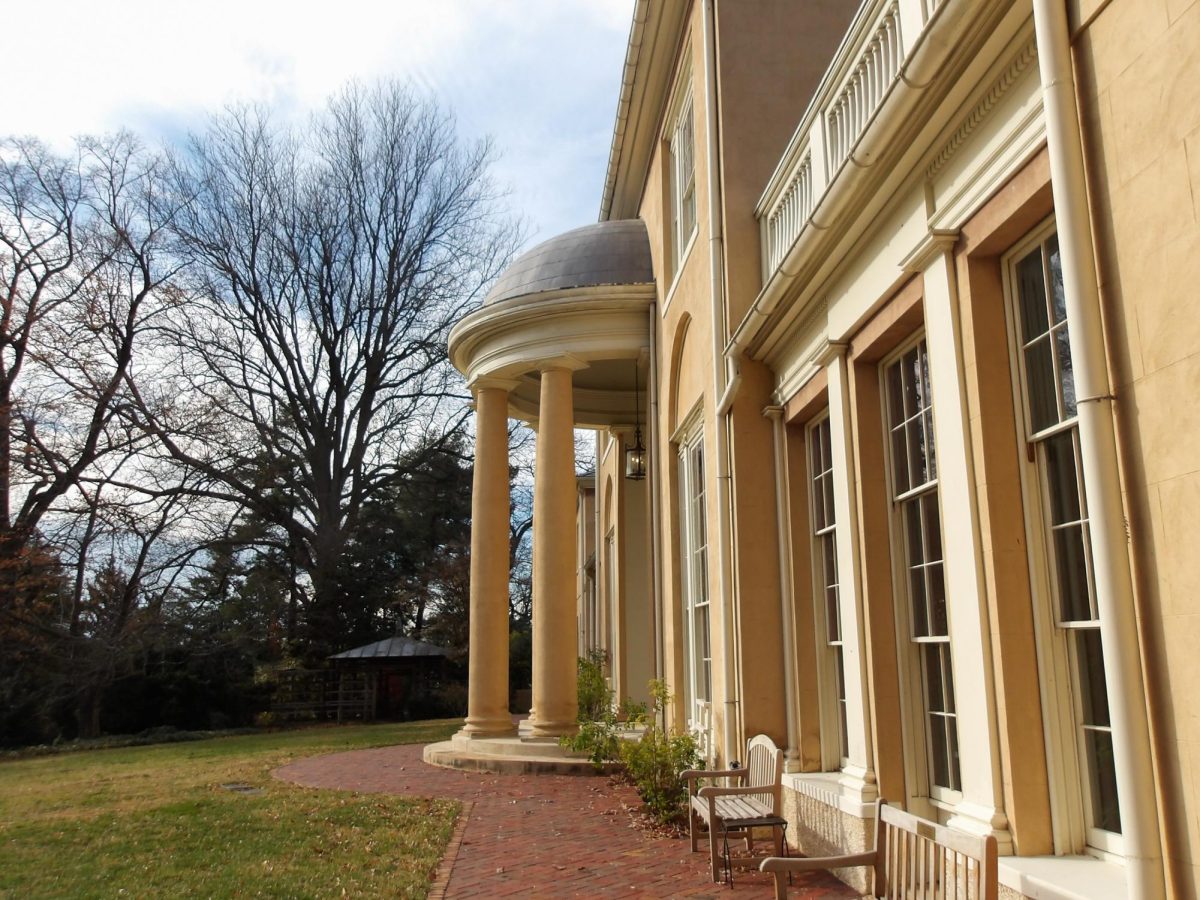Students can now find all last-minute, discounted seats at local fitness studios in one place.
Quad, a free mobile app launched Wednesday, will provide the Foggy Bottom and Georgetown neighborhoods with “a la carte” fitness on their phones. The app sends notifications to subscribers about last minutes seats at 16 local fitness studios – like Splash Cycle in Dupont Circle and BLAST DC on M Street – for discounted prices, ranging from $9 to $12.
Quad will be working with local studios in Foggy Bottom to provide the discounts. Other locations include 202Strong, Georgetown Yoga and Squash on Fire – new squash courts that opened in May above the West End Fire Station. These studios are within about a 10-minute walk from campus, so they are easily accessible to students.
Garrett Sweitzer, the founder of Quad, said he originally set out to create an app that would provide students with a way to find out about local events. But his idea soon turned into an app that focused on fitness because he noticed a need for an app to connect studios with students.
“We are space-fillers,” Sweitzer said. “That’s the best way to put it.”
Sweitzer saw a problem where expensive fitness studios frequently had class spaces that were not being filled, and students and young professionals enjoyed the classes but couldn’t shell out about $30 per class. Sweitzer decided to marry those two concepts and create an app that allows studios to fill more classes and price-conscious people to get an affordable workout.
“Now you never have to go looking for that deal, because that deal comes right to you,” Sweitzer said.
Through Quad, studios benefit by easily selling discounted seats in classes that would otherwise go unfilled, and customers benefit by having all of this information in one place and avoid juggling through many different fitness websites, Sweitzer said.
“It’s a way for us to make boutique fitness something that you don’t have to spend a lot of money on,” Sweitzer said.
On the app, users can set push notifications for certain categories of workouts, like yoga or barre, to be sent to them during selected time periods. Users of the Quad app pay a discounted price starting at $9 for classes when they walk into the fitness studio of their choice, and they do not pay anything through the app itself.
Quad is a subscription-based company. The studios that partner with Quad will pay them a flat fee to send out push notifications, just as the company pays a flat fee for their phone bill. Depending on the revenue that Quad generates for a given studio, the app will earn a certain percentage of the studio’s earnings, Sweitzer said.
Next week, there will be a Wellness Awareness Day at South Block in the Lerner Health and Wellness Center, where Sweitzer will advertise the app. Before the app’s launch, Sweitzer also partnered with GW’s chapter of CHAARG to host a yoga class for their members at one of Quad’s partner studios.
At the moment, Quad is only available in the District but Sweitzer plans to expand the app by making it available in other urban areas with large concentrations of students, like cities in Virginia and North Carolina.
Sweitzer said he and his team accumulated their first 1,000 subscribers by walking around local college campuses for a few hours each day and giving information to people who appeared to be in their target market – college students in athletic clothes.
“We want to allow people that maximum flexibility in the way that they work out and have the choice to go to many different places without the need to buy a membership,” Sweitzer said.





